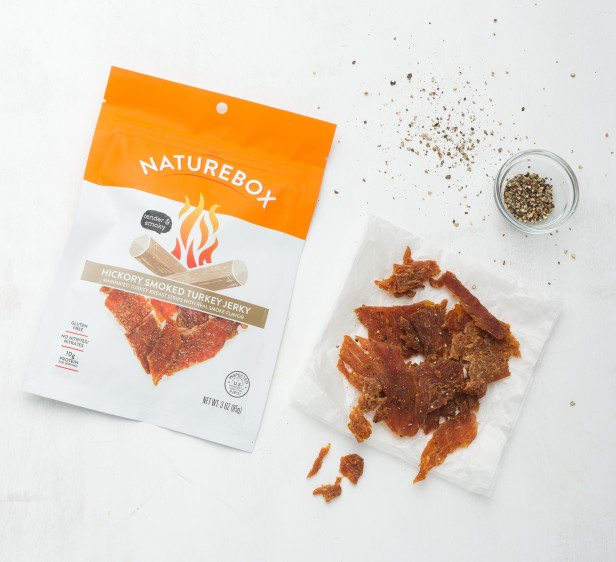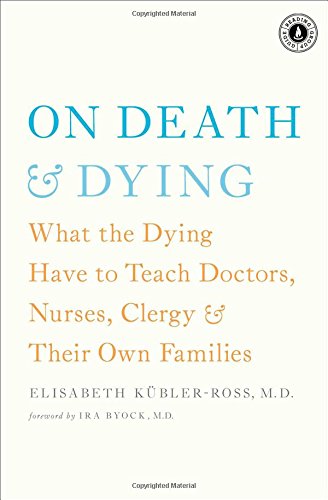We know that people really want to help, to be a part of this dying, to love Silvan now while they can alongside us. David even stumbles across a discussion online about how best to help when a baby is dying. From the details, he realizes the discussion is actually about us, and how we can be helped. Because the only help I think I need is to have Silvan held, we check the box at the front desk allowing anyone to come and see him and everyone comes: neighbors, coworkers, the receptionist of our chiropractor.
My friend Eve flies out from the East Coast to help with the love that people want to give us. Eve is a talker. She likes to ask questions, to probe. I like how she coaxes my interior world into the light, but I don’t think I can be probed right now without pain. I don’t want her to pain me. I can’t afford for this crisis to damage our friendship, to be disappointed by her. I will need to love her and be loved by her when Silvan is gone.
So, after Eve has come straight from the airport to hold Silvan, I ask her to stay not with us but with mutual friends who set her up with a phone. Eve’s gift to me will be to call everyone I know, to pore through my address book, contacting people so that I won’t have to endure the awkwardness of telling people who don’t know–a month, two months, ten years from now–what has happened. She talks and talks, tells the story over and over. She draws my friends and acquaintances around us, giving them a chance to help.
Other people offer to fly across the country, across the world, to help. I’m careful in selecting people, and in giving them jobs. My friend who still hasn’t told me her marriage is crumbling comes out and takes David to the grocery store. David holds Silvan and sings to him–he has a whole repertoire of songs with his own lyrics suited for Silvan by now; he sings “You are My Sunshine" with Silvan’s name in place of “sunshine"–but he can’t possibly hold Silvan for as long as I can. He’s hungry for some normal activity after all these weeks away from work, and I’m eager to be left alone to do nothing but hold Silvan more. Standing beside my love for Silvan, all other love seems dwarfed, so I send my friend off with David, in this way tending to my relationships without turning from my son.
Next my sister calls from Brazil in a crisis of indecision about whether or not to come now or after Silvan is dead, and I tell her she needs to get on a plane immediately. Katya has been known to go into a tailspin when she is unsure of something, and I dread that happening to her now. I tell her she needs to meet her nephew.
A few days later, Katya arrives and comes straight to the hospital from the airport. I walk into Silvan’s room, and there she sits holding him, next to my mother. Katya looks up, her eyes and face aglow.
“What do you think of my baby?" I ask, the joyous words bursting from me, and I feel my mother flinch the way she does when her children’s exuberance stumbles onto the set of what she considers a somber scene.
“He’s sooo cute," Katya says.
For a moment, the sibling link is forged in gold.
The next day, Katya says, “Thanks for telling me to come. No one in Brazil was helpful. They were all saying, ‘He’ll be all right…’ or ‘I am praying…’ They couldn’t wrap their minds around doctors in America unable to save a baby."
“It wasn’t just for you," I say, “Holding him is for all of us."
Excerpted from Holding Silvan: A Brief Life. Copyright 2013. Excerpt and photograph used with permission.
Helpful Products
Give InKind does not provide medical advice, diagnosis, or treatment. We have an affiliate relationship with many of the advertisers on our site, and may receive a commission from any products purchased from links in this article. See Terms & Conditions.





